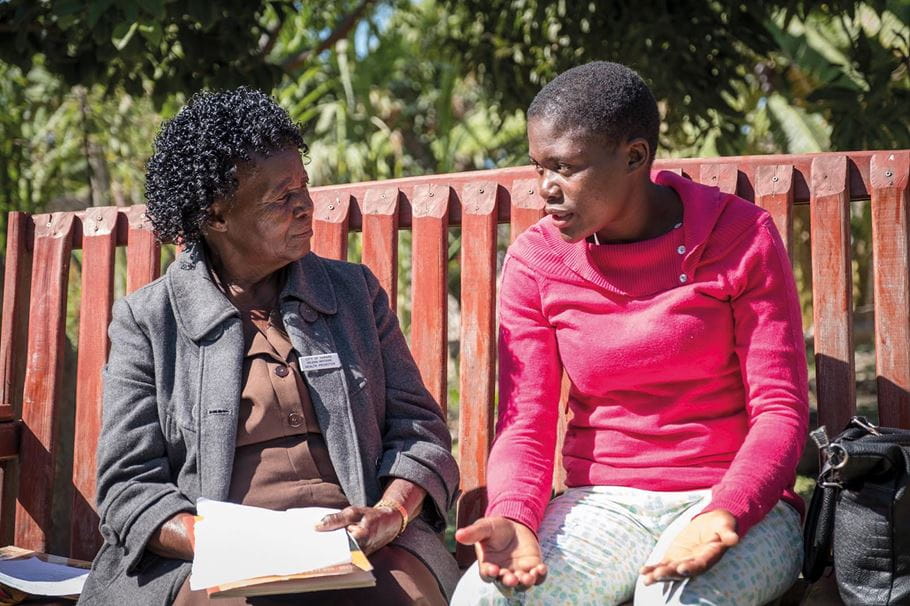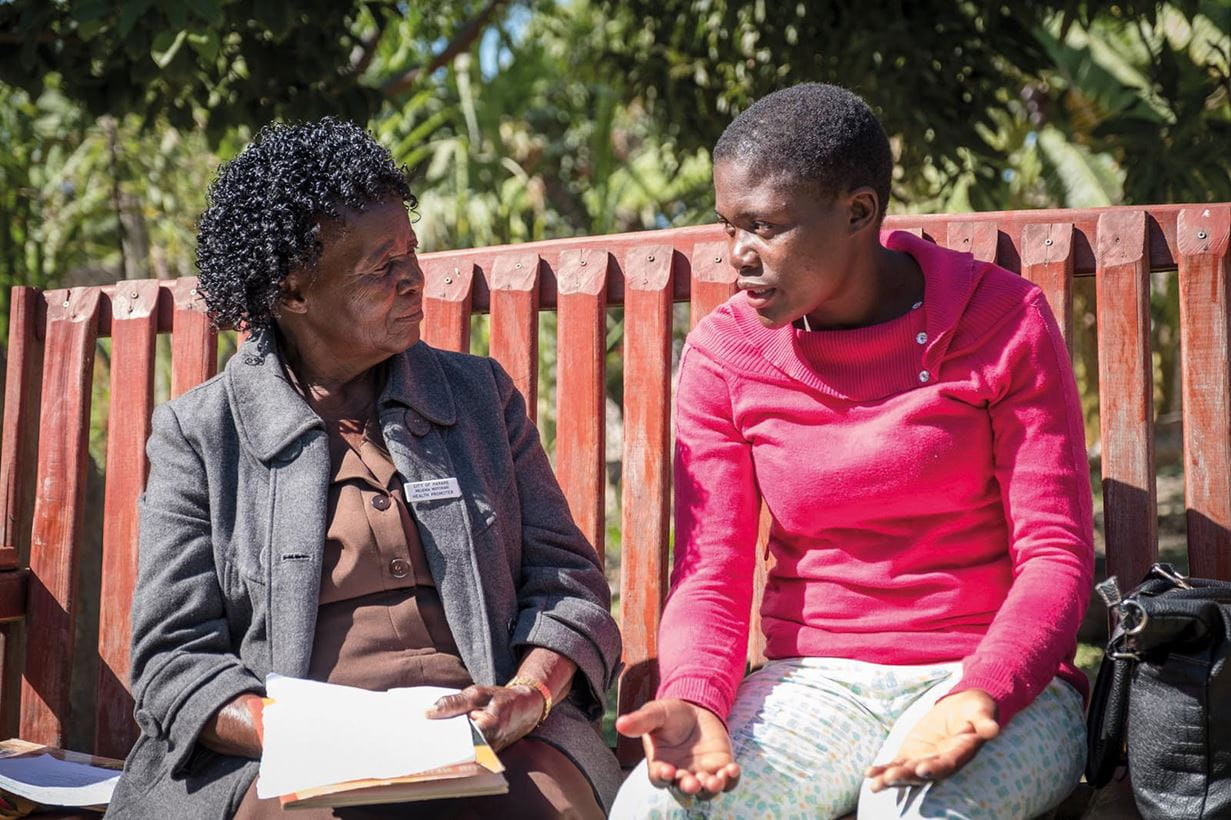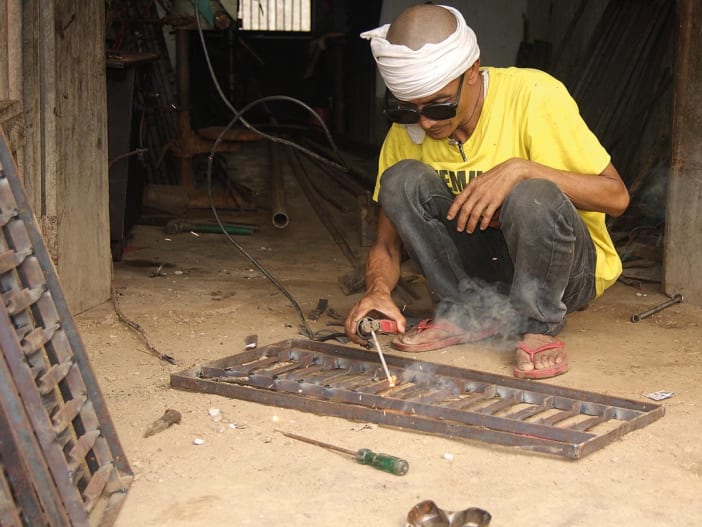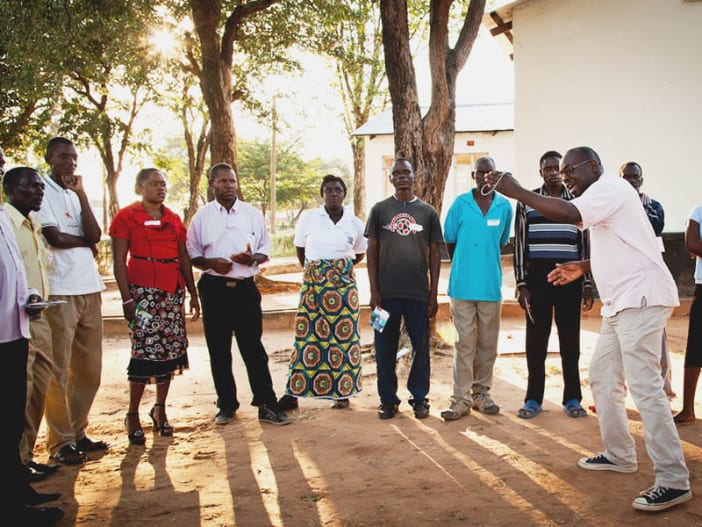In all parts of the world, people with psychosocial disabilities face many barriers to inclusion in their families and communities. One of Tearfund’s partners in Afghanistan has been talking to people affected by such disabilities to try and identify ways that these barriers can be overcome.
For people living with psychosocial disabilities, lack of understanding can be one of the main problems they face. A young woman with depression told Tearfund’s partner: ‘I do not feel needy due to lack of food or clothes, but what gives me pain is that in this period of my life no one in my family understands me.’
In Afghanistan, sometimes this lack of understanding leads to violence, verbal abuse and neglect. People may not be allowed to join in with social and religious events such as weddings and festivals if their families feel ashamed of them, or are not sure how they will act in public.
By spending time with people who are living with these challenges, Tearfund’s partner has been able to identify several important ways families, communities and governments can help everyone feel valued, respected and included.
Families can help by:
- making sure everyone in the family is treated equally
- encouraging everyone to express opinions and contribute to decision-making
- listening to, defending, encouraging, respecting and caring for their family members
- seeking medical help if needed (and available)
Communities can help by:
- making sure people do not feel isolated by their disability: for example, by visiting them in their homes
- encouraging opportunities for marriage
- supporting people to go to school and find meaningful employment
- making sure everyone is included in religious and social activities
Governments can help by:
- improving access to affordable treatment when required
- providing clear information so everyone gains a better understanding of mental health and well-being
People with mental health disorders, psychosocial disabilities and other hidden disabilities such as epilepsy can feel isolated and anxious. This may lead to self-harm, addiction and suicide. It is important that their needs are understood and taken into account by everyone they come into contact with.
After receiving support, one of the people Tearfund’s partner spoke with said, ‘Now my condition does not affect my life so much, as I understand I have to live with it. If I do not go to weddings, it is not helping. If I cannot go out I feel worse, so now I have decided to go everywhere.’
Discussion questions
- Do you know anyone who is living with a psychosocial disability? How do you react when you see them?
- Do you feel you know enough about mental health and well-being to be able to respond to them in the best way? If not, where can you get more information?
- What practical steps can you take to support people with psychosocial disabilities, and their carers?
Definition
Psychosocial disability refers to the effects of mental ill health on someone’s ability to participate fully in life. Those affected may struggle to get involved in things such as education, employment and social activities. They may not be able to achieve their goals and aspirations. Not everyone with a mental illness has a level of impairment that results in a psychosocial disability.
For more information, please email [email protected] or write to Footsteps Editor, Tearfund, 100 Church Road, Teddington, TW11 8QE, UK.
The author wishes to remain anonymous for security reasons.
Case study: Friendship therapy
By Aimée Hobbs
Zimbabwe has very few mental health professionals. As a result, most Zimbabweans either do not know that support is available, or they cannot afford to travel to where the specialists are based.










